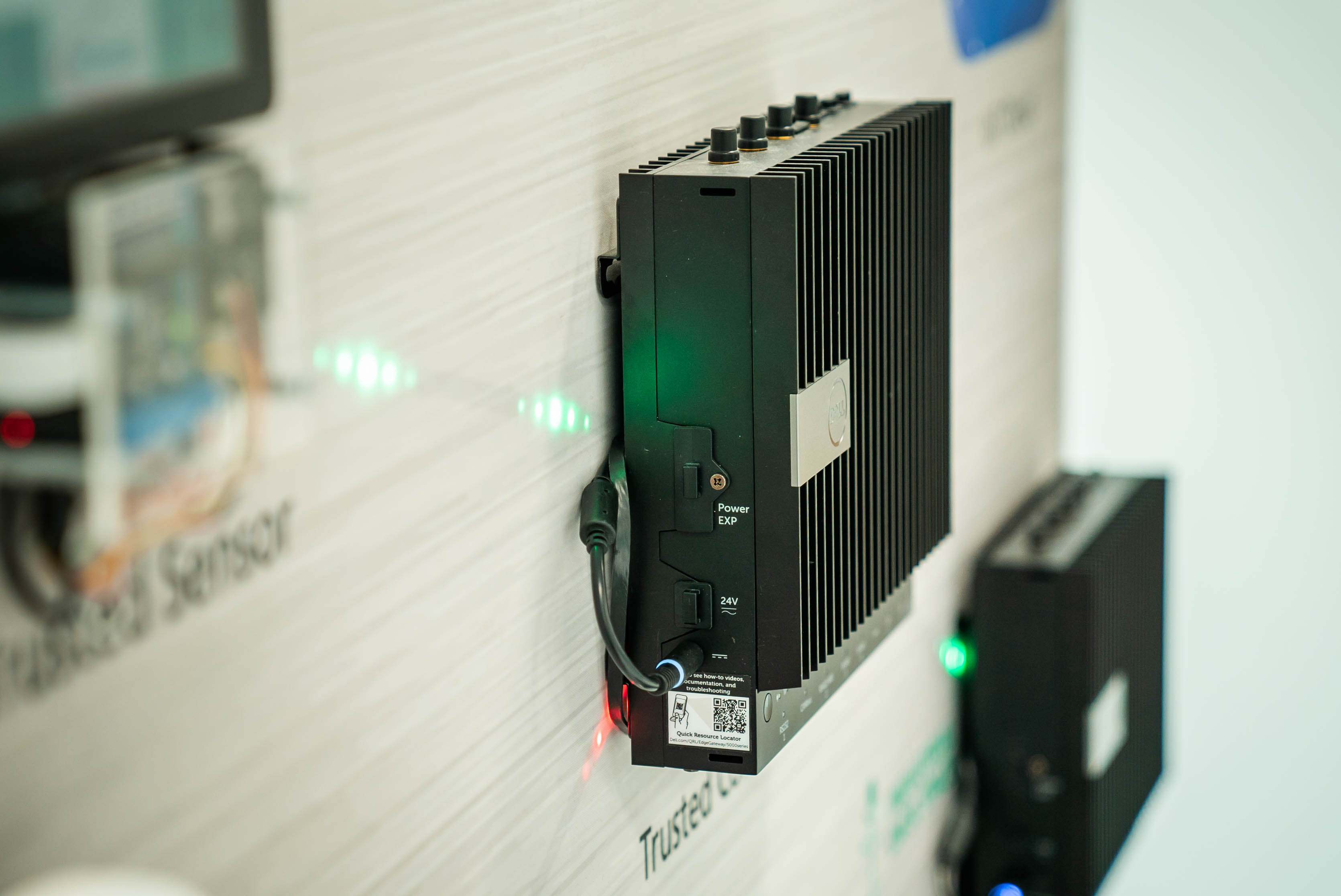Applied Privacy Technologies
The research field Applied Privacy Technologies addresses the dichotomy between deriving value from data processing and data protection. The goal is to support digital self-determination. This includes practical applications of state-of-the-art cryptography, such as attribute-based encryption (ABE), searchable encryption (SE) and the use of privacy-enhancing technologies (PETs). Our experts design secure, decentralized services and architectures for the future Internet technologies such as self-sovereign identities (SSI).
Secure Data Ecosystems
The research field Secure Data Ecosystems focuses on technologies which enable companies to exchange data in a secure environment. The main topics are the analysis, conceptual design and further development of all components that are essential for a data ecosystem. This includes secure gateways for data exchange, the transformation to trustworthy cloud infrastructures and all topics around International Dataspaces and GAIA-X. We help with analysing the status quo and assist with the certification or evaluation of components and systems.
Software Security
The focus of the research area Software Security is the exploration and application of techniques for the analysis and evaluation of software artifacts, such as backend applications or mobile applications. This includes novel capabilities for dynamic and static code analysis, such as code property graphs. Our solutions, some of which are published as open source, enable use cases such as the correct use of cryptographic libraries.
 Fraunhofer Institute for Applied and Integrated Security
Fraunhofer Institute for Applied and Integrated Security 

